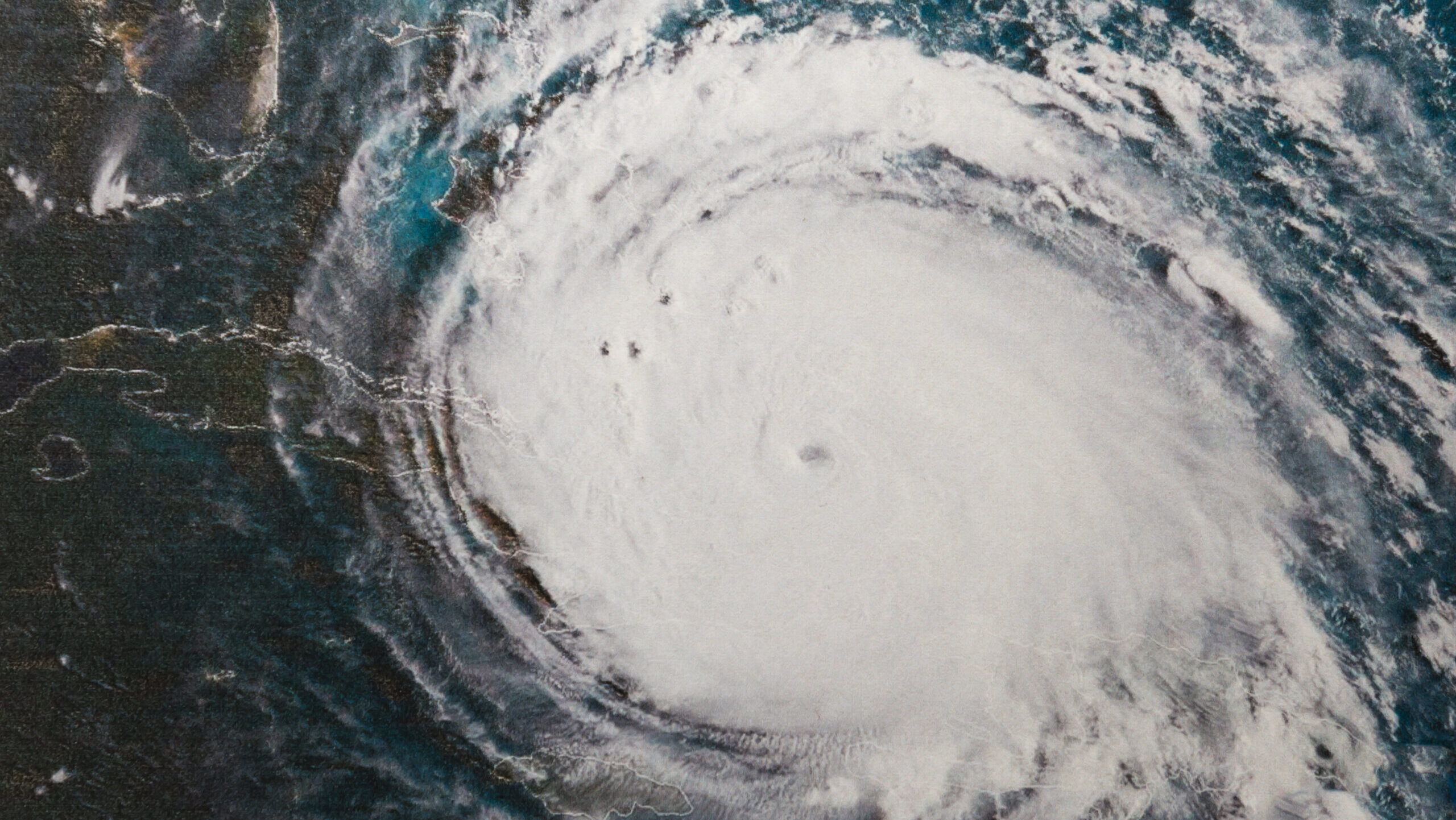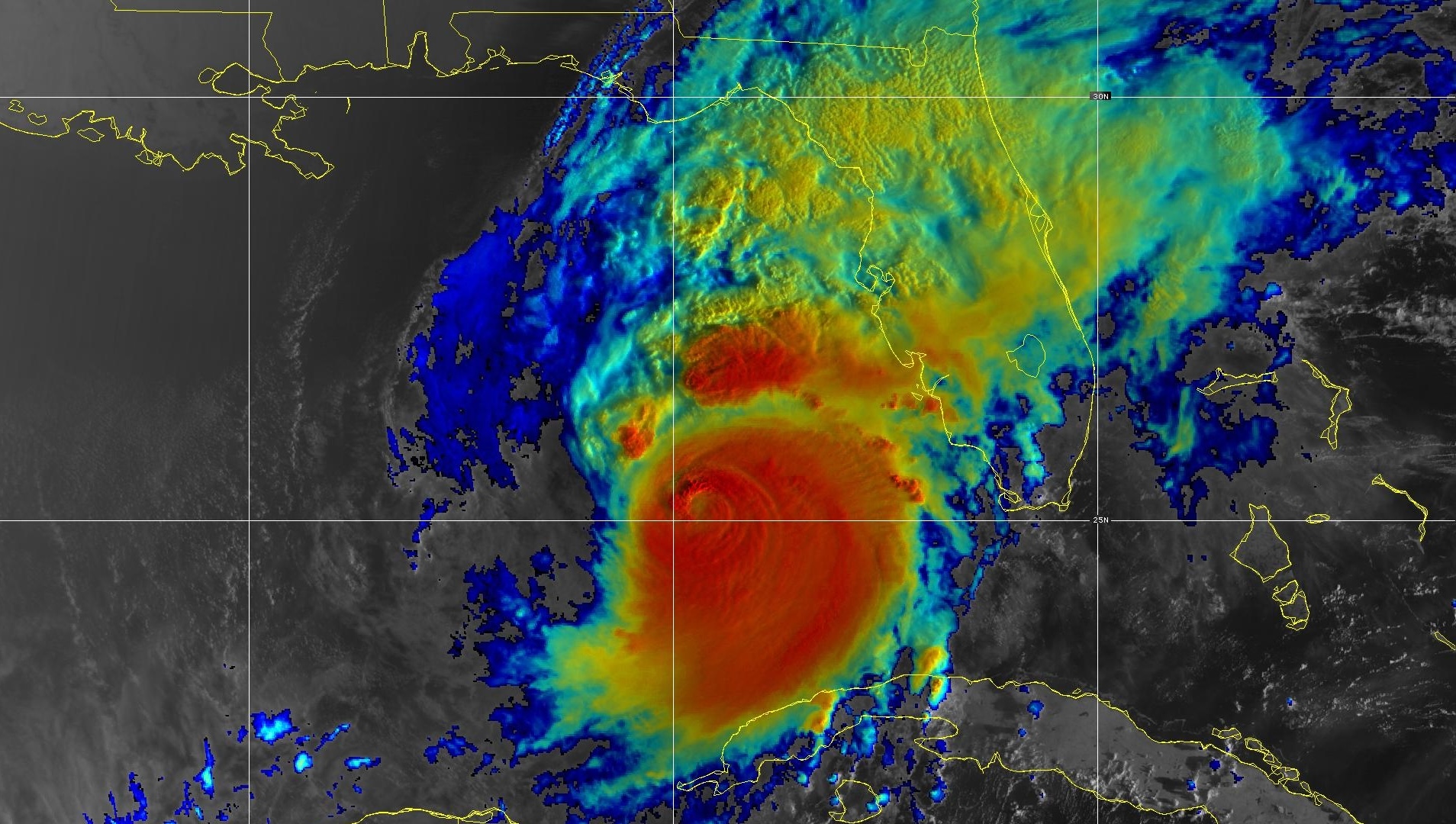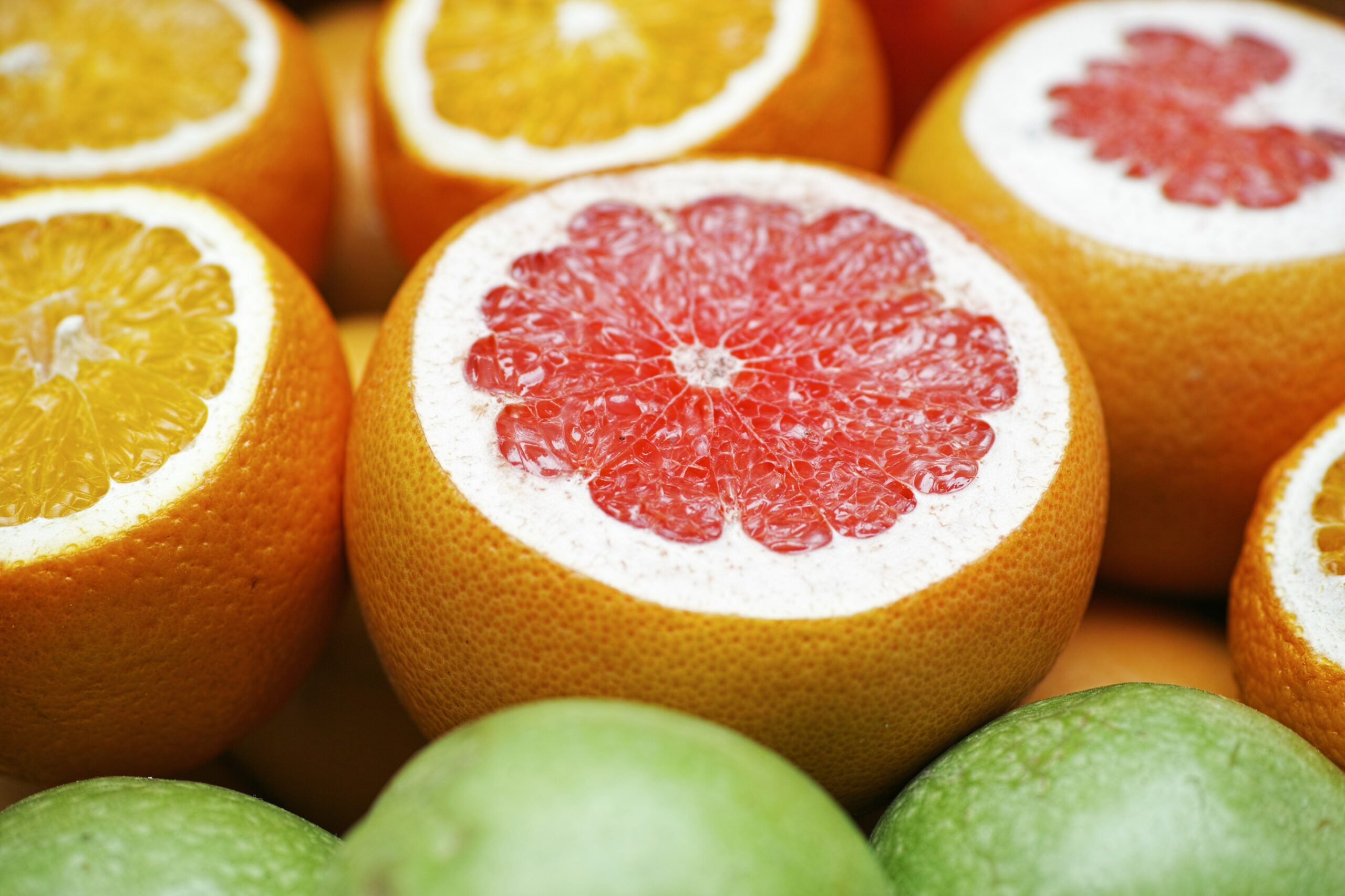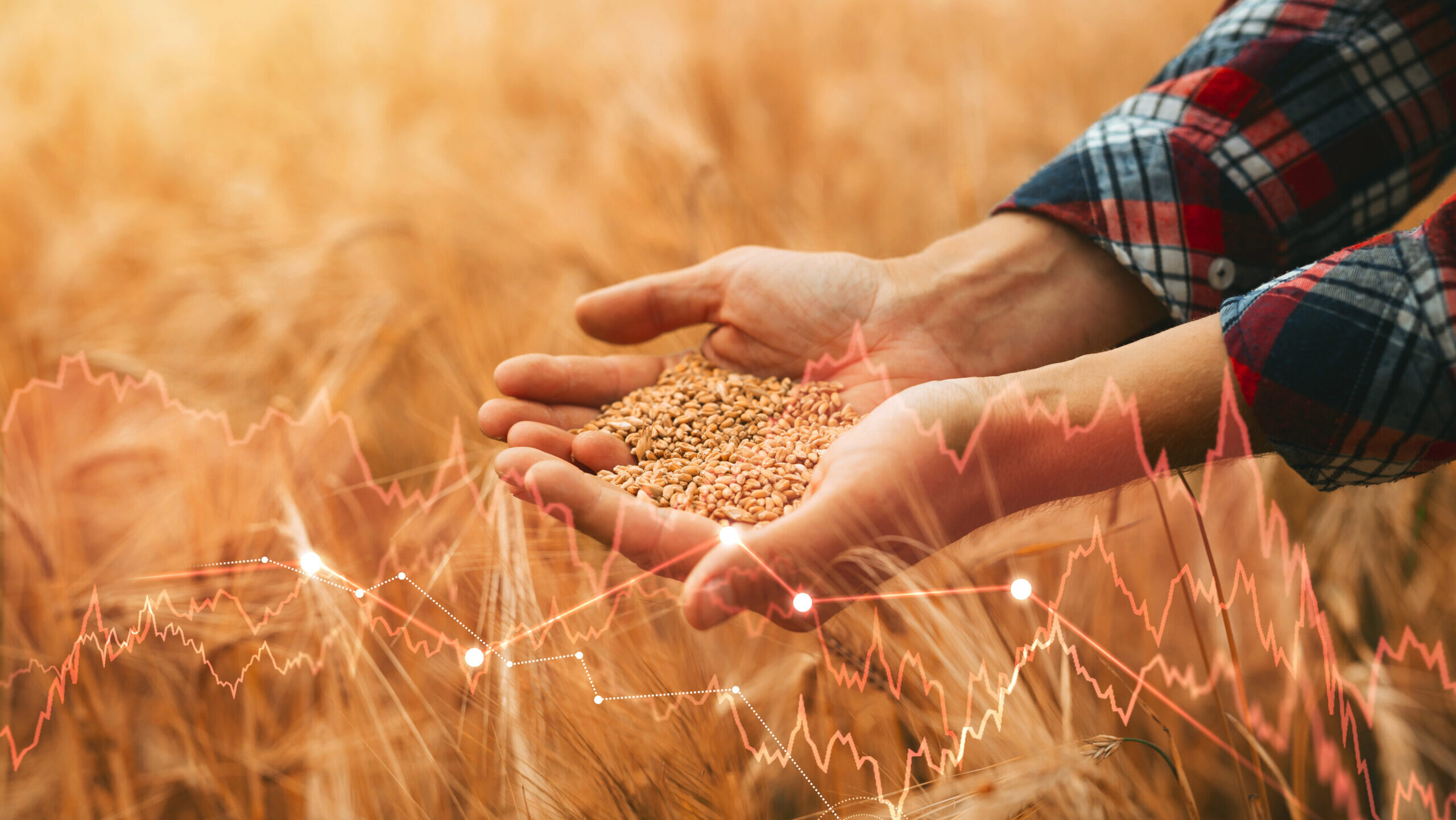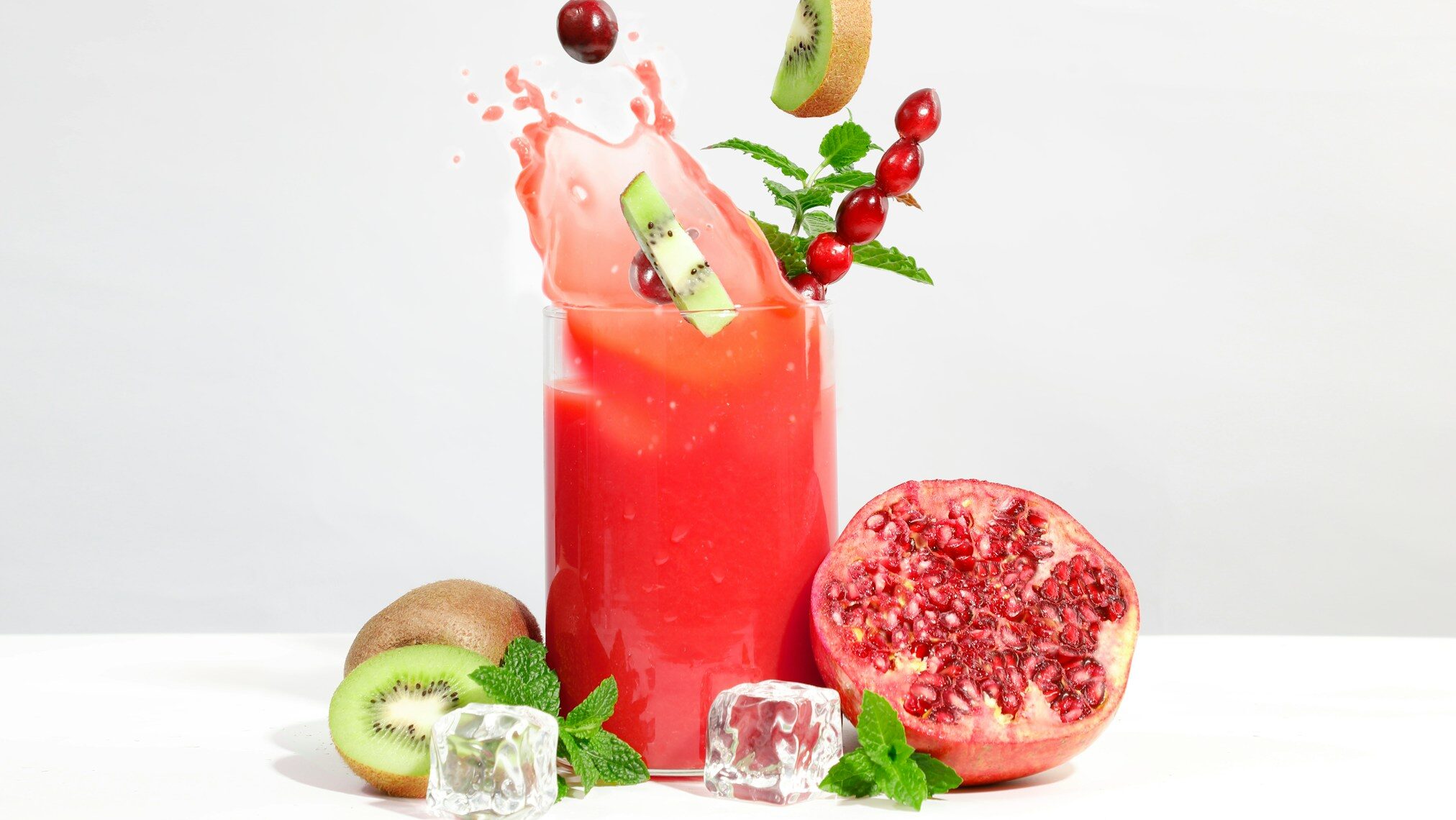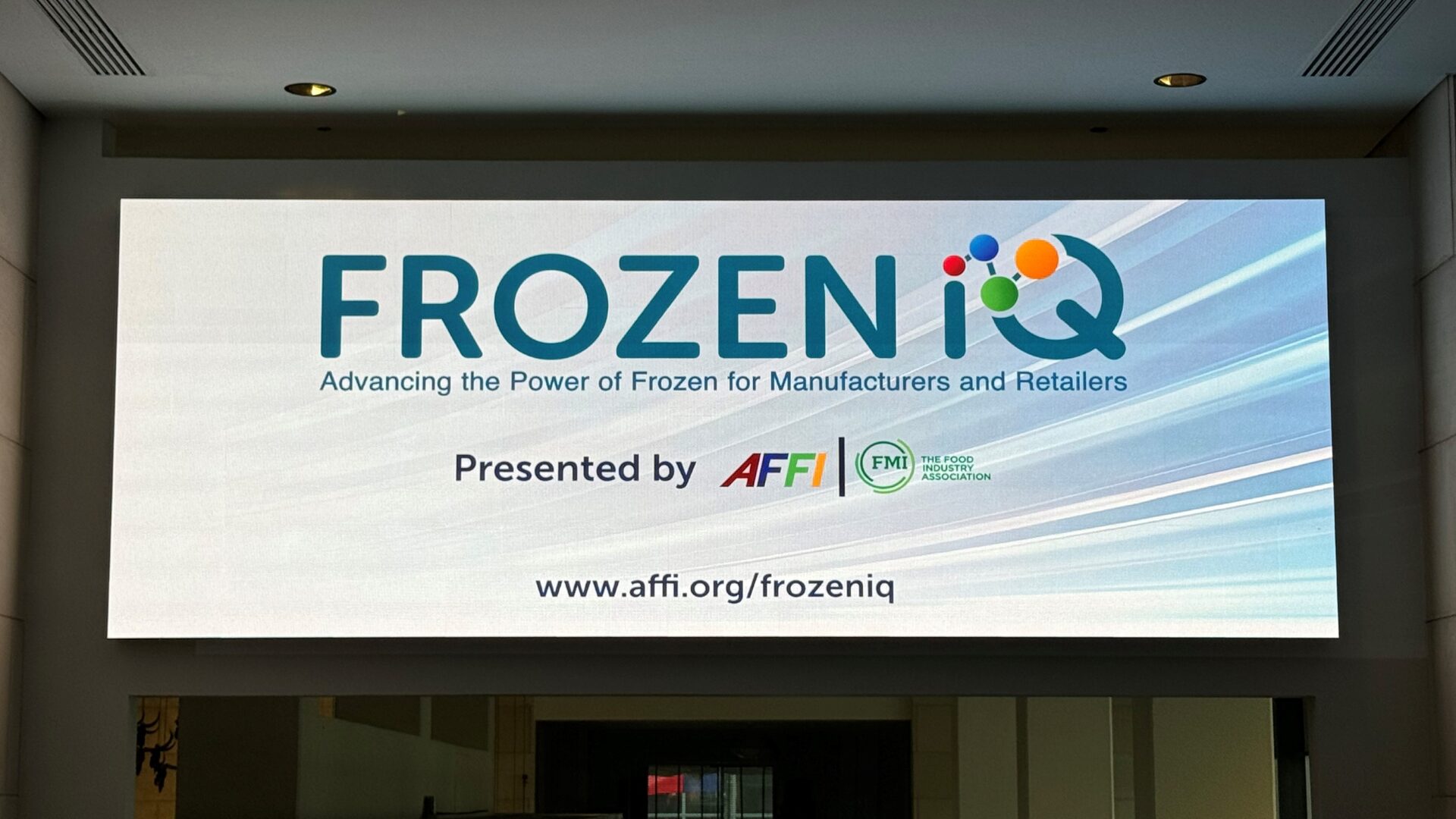Hurricane Beryl raked Mexico and the Caribbean before setting its sights on Texas, devastating crops and killing livestock in its rampage toward land.
Claims estimator CoreLogic projected as much as $1.5 billion in insurable losses across the Windward Islands, $400 million to $700 million across Jamaica and the Cayman Islands, and nearly $1 billion in Mexico’s Yucatan.
Beryl caused an estimated $6.4 million in damage last week to vegetable, tuber and fruit crops in Jamaica, with greenhouses especially hard hit, the Associated Press reported. Livestock and fishing operations also suffered losses, said Floyd Green, Jamaica’s agriculture minister.
“We have seen about 85 percent of our bananas and our plantain lines go down in Portland and St. Mary,” Green said, pledging government help.
Green said the island’s breadbasket, St. Elizabeth, faced “complete devastation,” The New York Times reported, raising the specter of food shortages.
Beryl made U.S. landfall southwest of Houston earlier this week as a category 1 hurricane, knocking out power to 3 million customers before being downgraded to a tropical storm as it headed north.
Meanwhile, in other news impacting agriculture …
Carbon tax: Denmark’s ruling coalition agreed last week to a $96 per cow carbon tax on dairy farmers to fight climate change despite objections from farm groups, CNN reported. Final approval by parliament is expected later this year.
Denmark is a major dairy and pork exporter. The green think tank Concito estimates Danish dairy cows produce 5.6 tons of carbon-equivalent emissions annually. Revenue from the first two years of the tax will fund research into ways to reduce emissions.
Regulations: The Supreme Court decision rolling back the authority of U.S. regulatory agencies could have a major impact on the mining and agriculture industries. The 6-3 decision overturning the 1984 Chevron decision limits the authority of government agencies like the Environmental Protection Agency to craft clean air and water rules.
Drovers.com noted it is difficult to determine what impact the decision will have on the renewable fuels program or on farm subsidies and crop insurance. The decision said agencies going forward will need clear statutory authority for any actions.
The Food Institute Podcast
Tom Hamill, a food and beverage senior analyst for RSM US LLP, joined The Food Institute Podcast to recap the 2024 Summer Fancy Food Show. Hamill shares his thoughts on burgeoning trends from the show and how emerging specialty food brands can best navigate economic factors in the years to come.


